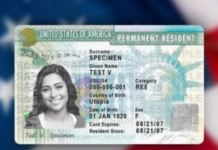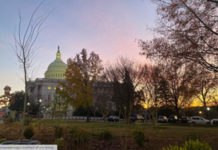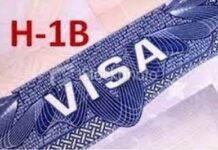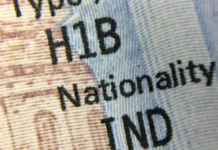By Nishant Arora
Redwood Shores, Calif.—As fears about the possible tightening of the US visa regime loom, Oracle CEO has maintained that the country should not only let immigrants study and learn here but also work to drive growth.
“We have been very supportive to immigrants. They are studying in some of the best schools in the country. We let them come and learn here. Why won’t we let them work here?” asked Mark Hurd while addressing a select gathering of global media here at the company’s headquarters.
“We have many talented engineers at US universities. They have come from some place other than the US. We would like to hire them. We are doing a lot of R&D here at the campus. We want growth and need talented people to spur innovation,” Hurd said during a ‘Recode Decode Podcast’.

Hurd also said that Oracle, which has more than $50 billion investment overseas, would like to bring that money back and invest in the US.
“Let us say via repatriation. We have our money overseas to the tune of $50 billion. We need that back and invest here to drive growth,” Hurd noted.
As part of the wider tax reforms, US President Donald Trump has considered a one-time repatriation tax on overseas cash brought back which is expected to be mandatory.
According to a recent Moody’s report, Apple had $216 billion overseas, Google $48 billion and Oracle, $51 billion.
“My top job is to see Oracle compete, innovate and win against all odds,” Hurd told the gathering.
India is home to Oracle’s second largest workforce of developers and engineers and accounts for its largest research and development investment outside the US.
With the US tightening the norms for H-1B visas, the Indian IT companies are bound to face disruptions by way of higher costs and even some laying off work force back home, a paper by India’s apex industry lobby Assocham said last month.
The executive order signed by Trump calls for a review of H-1B visas by the Departments of State, Labour, Homeland Security and Justice.
“Nearly 86 per cent of the H-1B visas issued for workers in the computer space go to Indians and this figure is now sure to be scaled down to about 60 per cent or even less,” the Assocham paper added. (IANS)















